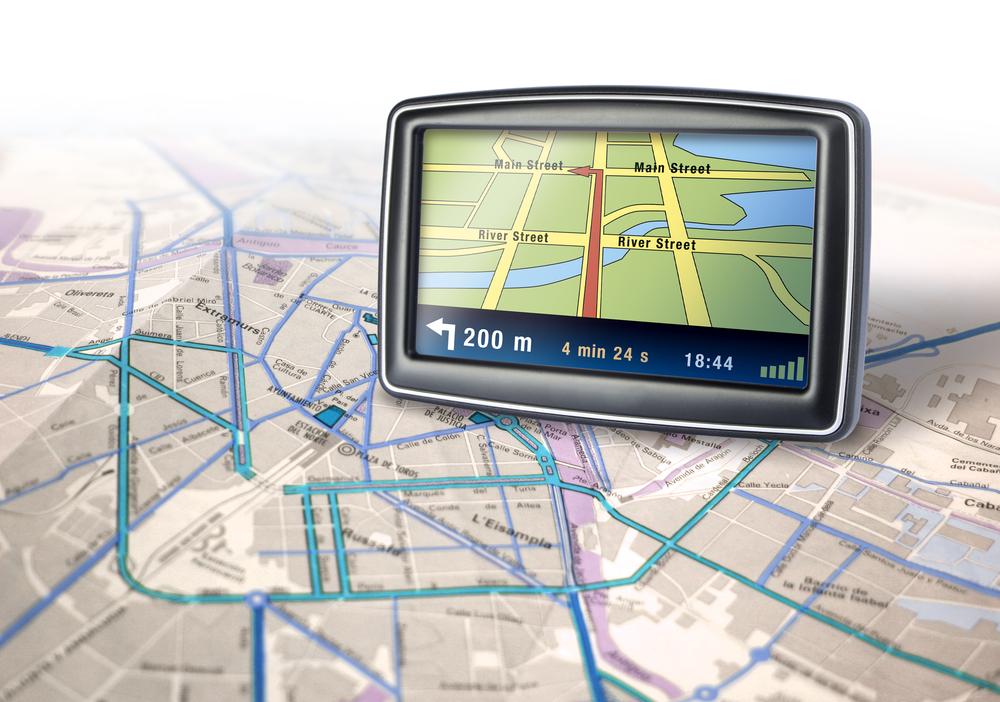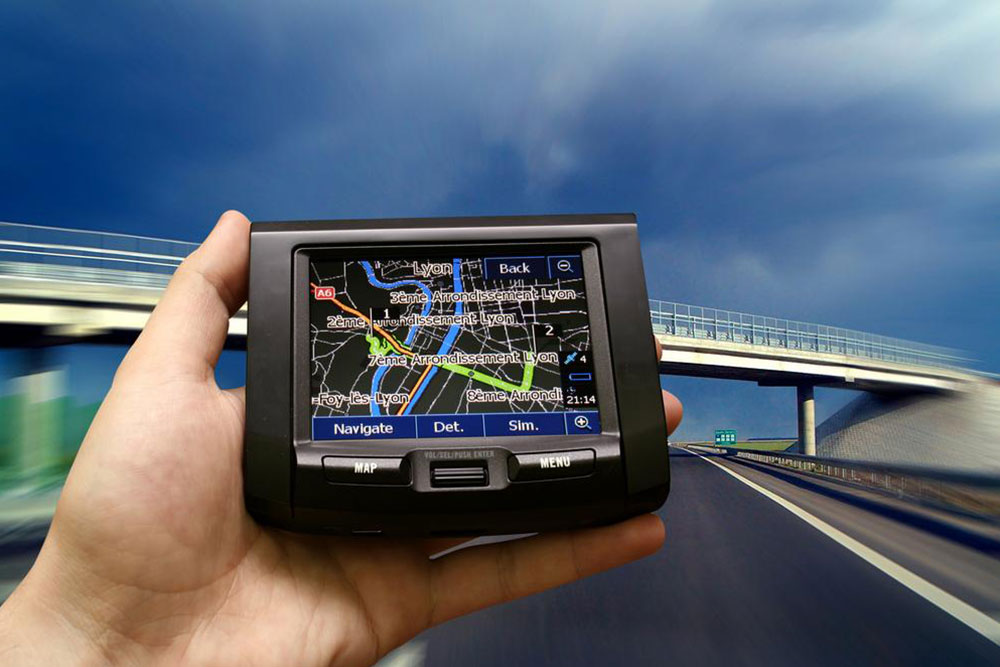Enhancing Fleet Management with GPS Tracking Solutions
Discover how GPS tracking transforms fleet management by enhancing efficiency, reducing costs, and improving safety. Learn about real-time monitoring, insurance benefits, and operational insights that streamline your transportation business.

Advantages of Implementing GPS Tracking in Your Fleet
Global Positioning System (GPS) technology, initially designed for military use over thirty years ago, is a space-based navigation system that provides precise location data worldwide. Satellites orbiting Earth relay signals that allow for real-time tracking and navigation.
A GPS device installed in vehicles serves as a comprehensive fleet monitoring solution. It records location information and transmits it to a centralized database for analysis and management.
Benefits of adopting GPS vehicle and fleet tracking systems:
Optimize expenses: Operating costs such as fuel, vehicle maintenance, upgrades, and parts replacements can be significant. Inefficient scheduling and routing increase overheads, impacting profitability. A GPS fleet tracker enables managers to monitor each delivery and route, facilitating the planning of optimal paths for cost savings.
Increase efficiency: As fleet vehicles grow in number, travel times are affected by traffic congestion, roadblocks, and peak hours, which reduce operational productivity. GPS solutions offer real-time guidance to drivers, helping them avoid congested areas and restricted routes, ensuring timely deliveries.
Advanced fleet management GPS tools now provide detailed insights during operations. They track fuel consumption, driving behaviors, engine idling, and more, aiding in assessing driver performance and vehicle efficiency.
Insurance advantages: Using GPS tracking can result in lower insurance premiums. Many insurers now offer discounts for fleets using vehicle tracking systems, with potential savings of up to 33% on premiums for equipped vehicles.
Improved customer service: Modern GPS solutions streamline operations and reduce costs. Real-time updates on deliveries enhance communication with clients, boosting satisfaction. An efficient delivery system also increases business opportunities, benefitting your team through incentives and growth.
Reduced paperwork: Digital fleet management eliminates the need for manual records, saving time, labor, and resources.
Driver safety: Real-time driver location tracking is vital for emergencies. It facilitates quick assistance and improves safety through efficient communication between drivers and management.
Note: Our blog offers diverse, practical information to assist readers. While based on thorough research, the content isn't conclusive, and data may vary across platforms. Some schemes or offers may also differ from those mentioned here.










